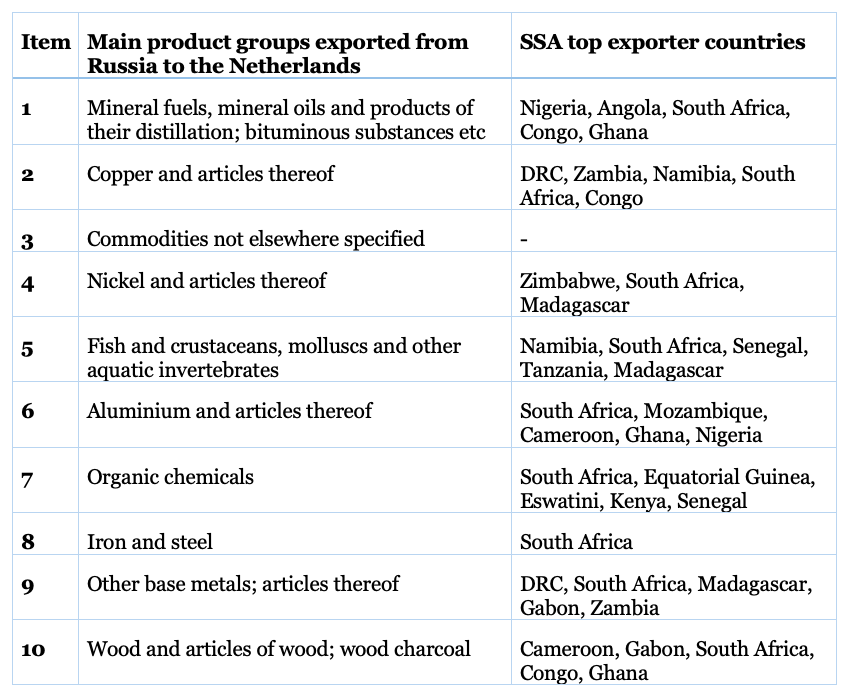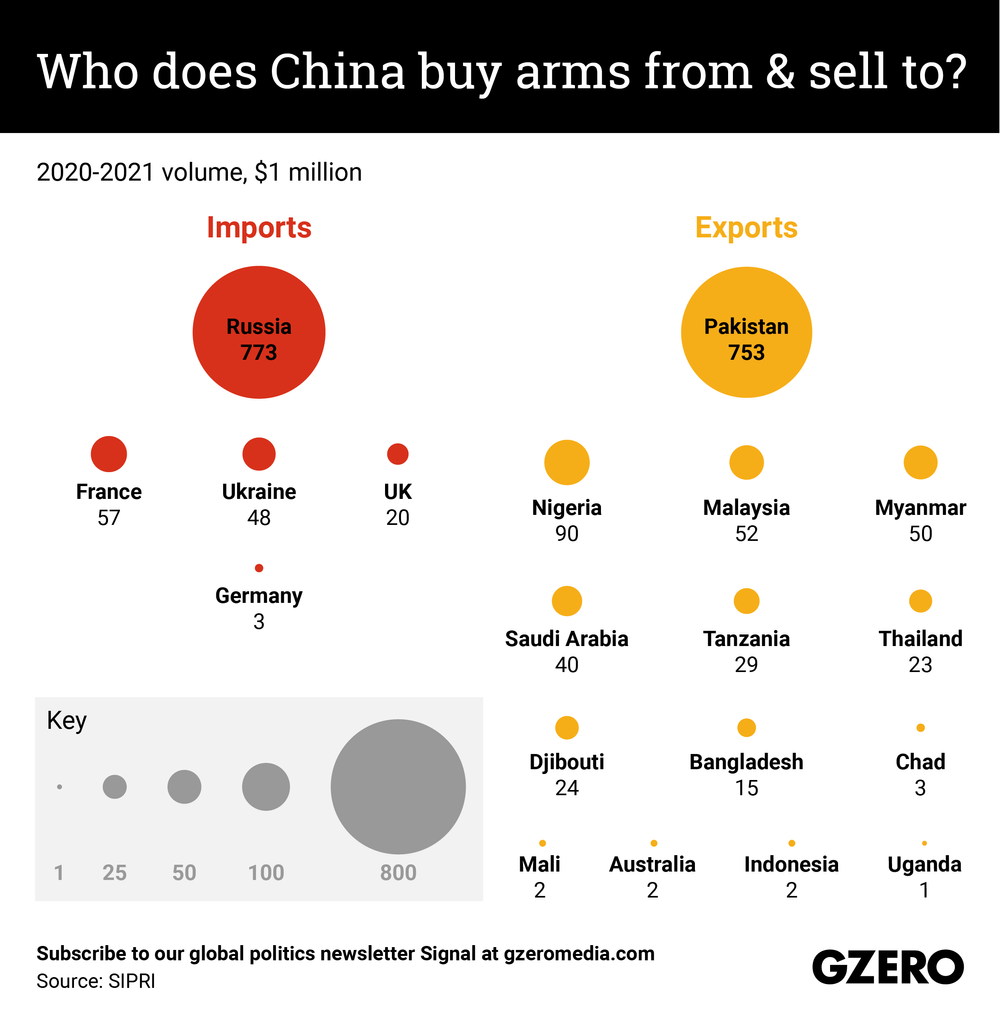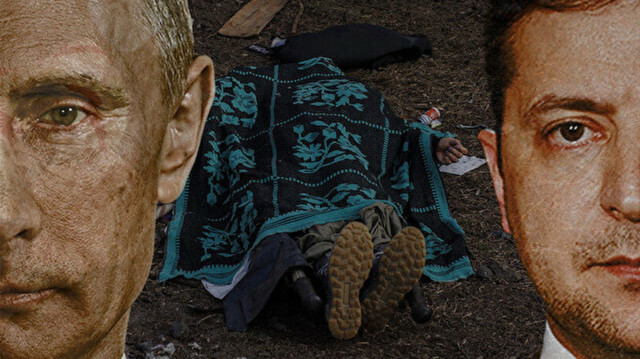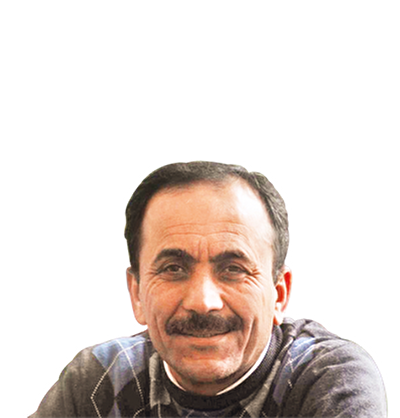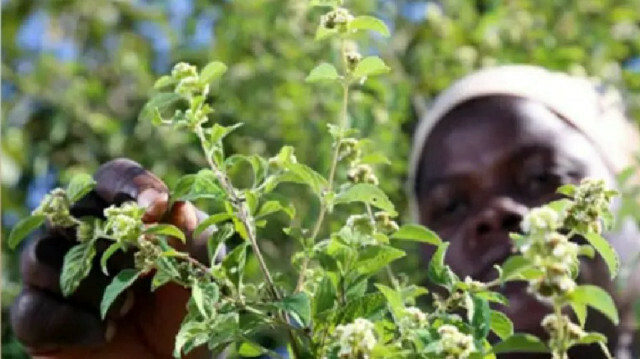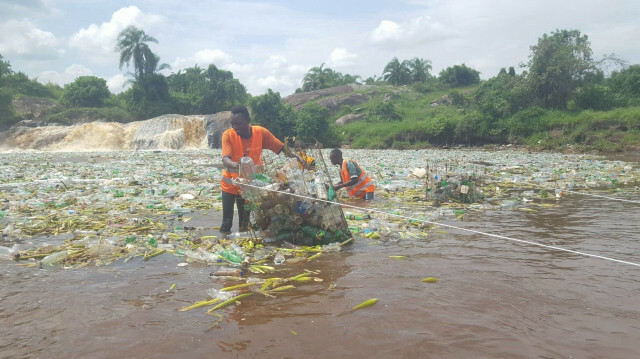Koch to continue running 2 glass facilities in Russia
By MICHELLE CHAPMAN

An advertising sign for Koch Industries is shown at Fenway Park in Boston, Tuesday, July 30, 2019. Koch Industries is planning to continue running two glass manufacturing facilities in Russia, saying it doesn’t want to hand over the plants to the Russian government, Thursday, March 17, 2022. Dave Robertson, president and COO of Koch Industries, said Koch doesn’t want to turn the plants over to the Russian government “so it can operate and benefit from them.” (AP Photo/Charles Krupa)
Koch Industries is planning to continue running two glass manufacturing facilities in Russia, saying it doesn’t want to hand over the plants to the Russian government.
Koch’s Guardian Industries operates the glass facilities in Russia. They employ approximately 600 workers. Dave Robertson, president and COO of Koch Industries, said in a statement that the company has no other physical assets in Russia, and outside of Guardian, it employs 15 people in the country.
Robertson said Koch doesn’t want to turn the plants over to the Russian government “so it can operate and benefit from them.” He cited a Wall Street Journal article, saying that is what the report said would happen.
While Koch is currently planning to continue having its glass facilities operate in Russia, several U.S. brands have paused operations in the country amid Russia’s invasion of Ukraine. Among them are McDonald’s and Starbucks.
Robertson said if the Russian government had control of the facilities it could put their employees at greater risk. He noted that Koch is in compliance with all applicable sanctions, laws and regulations governing its relationships and transactions in the countries where it has operations.
Robertson said Koch will continue to closely monitor the situation and provide updates as necessary. The privately-held multinational conglomerate is based in Wichita, Kansas.

